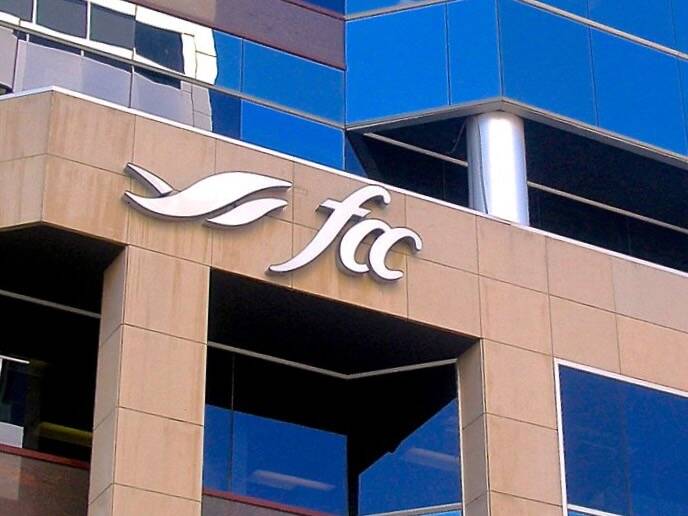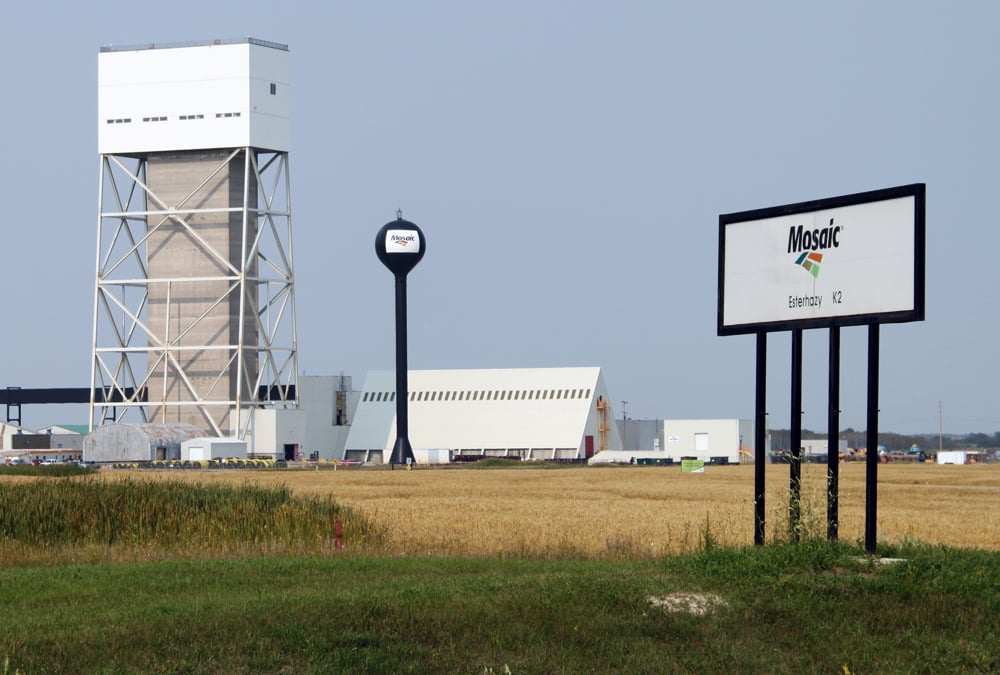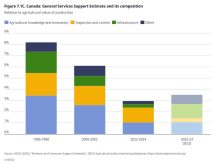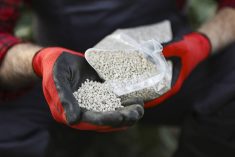Reuters – Mosaic restarted a Canadian potash plant last month after idling it since December due to waning demand for the crop fertilizer.
The company says it expects tight supplies through 2023.
Mosaic restarted the Colonsay, Sask., mine to offset a short-term drop in potash production that was due to summer maintenance at the larger Esterhazy, Sask., mine, the Florida-based company said Aug. 1.
Read Also

Farm Credit Canada forecasts higher farm costs for 2026
Canadian farmers should brace for higher costs in 2026, Farm Credit Canada warns, although there’s some bright financial news for cattle
War in Ukraine and extreme weather are limiting crop supplies, elevating the importance of fertilizer to maximize production, CEO Joc O’Rourke said on an Aug. 2 call with analysts.
“We’re already seeing robust demand in several of our key markets since the spring,” O’Rourke said, referring to North America and Brazil.
July’s Port of Vancouver strike led to Canpotex withdrawing all offers for new sales.
Canpotex, owned by Mosaic and rival Nutrien to export their potash offshore, is also repairing mechanical problems at its Portland, Oregon, port that has further restricted shipments.
Nutrien last month reduced potash production at its Cory, Sask., mine due to the strike.
Mosaic missed its quarterly profit estimates Aug. 1, as declines in fertilizer price dented its margins. The company’s revenue declined about 37 per cent to US$3.39 billion and its selling price for phosphate declined 36 per cent to $585 per tonne.
Last month, Mosaic’s Norwegian rival, Yara International, also missed profit estimates due to falling prices.
Fertilizer prices have continued to decline through the financial quarter, pressured by higher supplies as exports from top suppliers Belarus and Russia resumed, while the cost of key input materials such as natural gas fell.
The war in Ukraine and subsequent sanctions against Russia and Belarus pushed prices to record peaks last year.
Mosaic said it witnessed growth in demand in North America for its phosphates segment and added that its third-quarter margins would benefit from lower raw material costs.
It is also expecting tight global supplies of potash.
Analysts have said that farmers delayed purchases of fertilizers during the first quarter, waiting for prices to settle lower.
Mosaic’s phosphate sales volumes saw a 15 per cent rise during the second quarter and expected to average between 1.7 million to 1.9 million tonnes in the current quarter.















